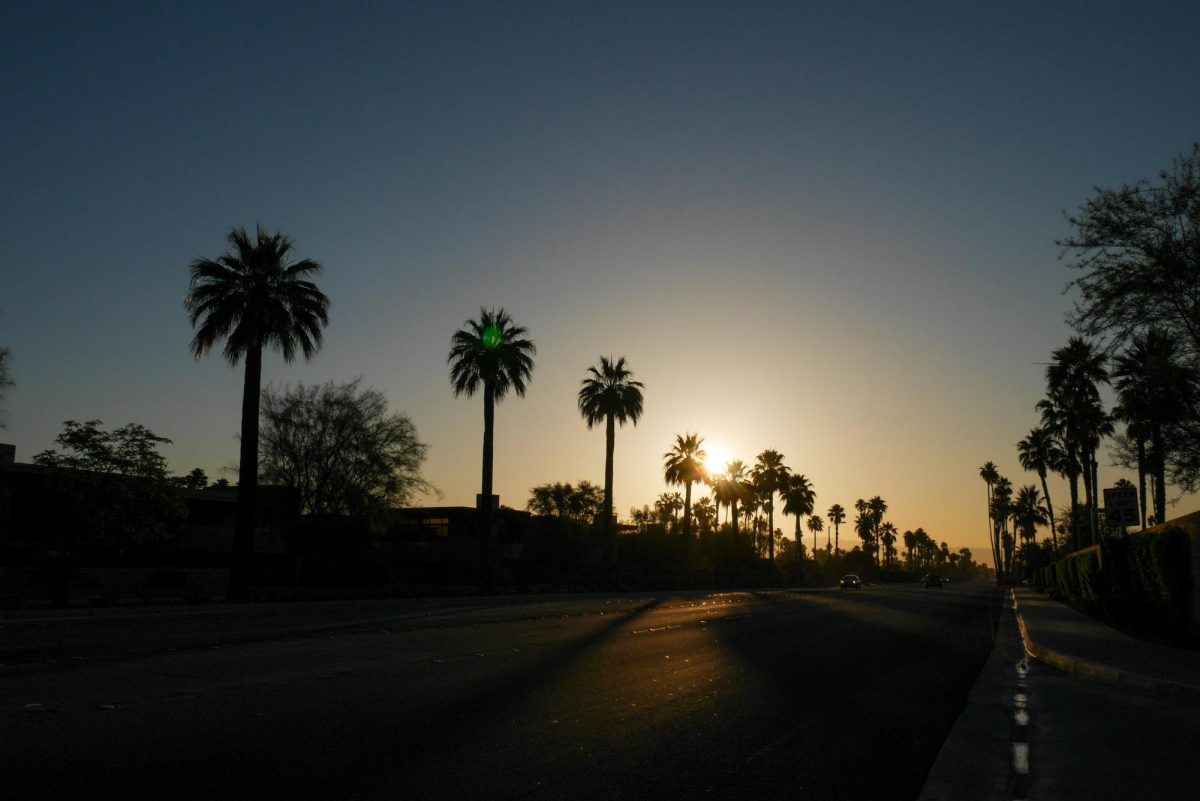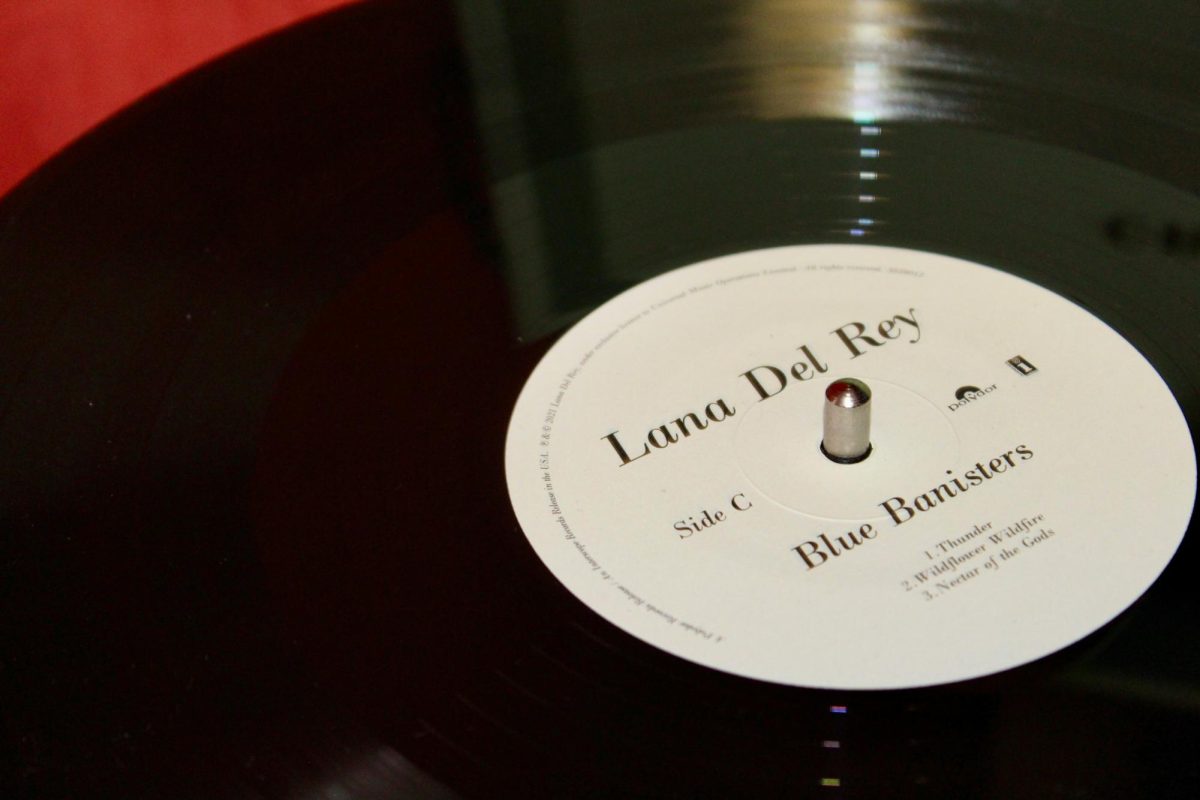SPOILER ALERT: This film review contains minor spoilers.
Wicked, the long-awaited film starring Cynthia Erivo and Ariana Grande, has already become the highest-grossing musical adaptation, passing Grease, who held the title for 46 years. The film received much publicity following its confirmation approximately two years earlier. Fans of the Broadway musical were more than excited to see the film come to screens across the world.
Wicked takes place in the same cinematic universe as The Wizard of Oz, and both of these works originated as novels. Wicked acts as the retelling of the life of Elphaba, The Wicked Witch of the West, before and after her death.
Elphaba is introduced as a misfit child, as she was born with green skin. Later, she is shown at Shiz University, sending off her younger sister Nessarose. Headmistress Morrible notices something in Elphaba and offers her a place at Shiz rooming with Galinda, one of the most popular students at the university. After their initial clashes, the audience watches their slow and unlikely transformation from enemies to best friends.
Despite the film’s look into the lives of those at Shiz, there is an underlying issue occurring alongside the story of Elphaba and Galinda. There was a great drought in Oz, and the blame was thrown on the animals that were part of their society. This included Dr. Dillamond, an Ozian history professor at Shiz.
Many aspects of the film allow it to act as an allegory of fascism and racism. It was clear that the animals had no part in the issue of the drought, but their rights were still being revoked. Another issue was the discouragement of Dr. Dillamond’s teaching at Shiz. The curriculum of the history class then became based on modern “solutions” to handle the animals.
The students’ unwillingness to speak out on this issue made Elphaba contemplate what she should ask of the Wizard, seeing as she was invited to see him. Her feelings caused her to look past her de-greenification, a thing that had caused her significant pain, and to ask for a stop to the discrimination against animals instead.
When Elphaba finally meets the Wizard, he is exposed as the instigator of the violence against the animals, excusing his behavior by saying that there needed to be an issue to bring his people together. Following her refusal to help him in a separate matter, she is marked as “evil.” The Wizard put out announcements of her wickedness and threatened the families of Oz.
These examples represent the animals’ use as a scapegoat and the villainization of Elphaba because she is misunderstood by Oz, and frankly, by everyone else. Also, the audience can see how the Wizard was able to portray Elphaba as the enemy just because of his platform as their leader and the Ozians’ lack of knowledge outside of what they are told by the Wizard.
Although the film received many positive reactions, there was still some debate regarding the director’s choice to split the story in two, setting the second part to be released in November 2025.
The producers took much time in the film to develop the characters-–more time than a traditional musical would allow for–-as well as staging beautiful shots alongside the elaborate set. In addition to this, it was teased before the film’s release that all of the actors were singing live. In a featurette released by Fandango, Erivo stated, “We chose to sing live because it meant we would be further connected to the words we were saying… and to each other.”
“It was an immediate no-brainer for Cynthia and I. We both were like, well, of course we’re singing live,” said Grande. This allowed for the film to thrive in comparison to other musical adaptations, such as Mean Girls from earlier this year.
To top it all off, Kristen Chenoweth and Idina Menzel, the original Galinda and Elphaba from Broadway, were invited to the set to make a cameo in the movie. The masterful creation and production of the film, alongside its themes and powerful teachings, make this film a must-see, and there is already much anticipation for the release of the second part.









